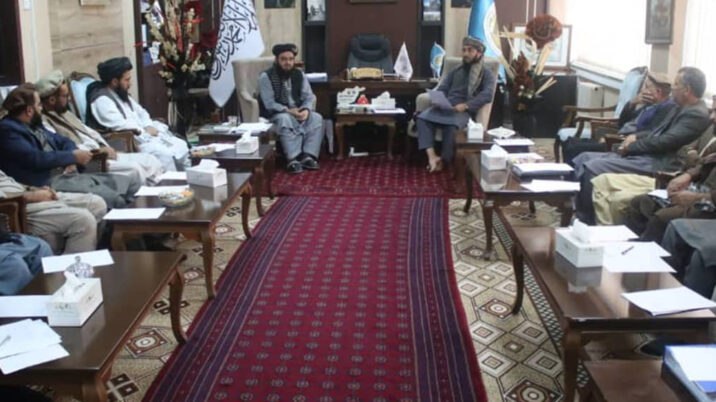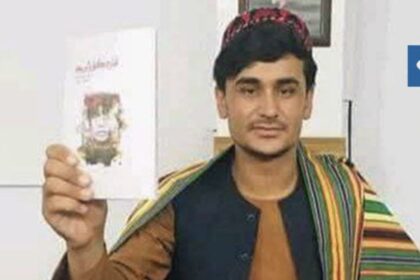RASC News Agency: The recent announcement made by the Taliban group regarding the establishment of the “Supreme Council of Languages” has garnered attention. This council, led by Mullah Mohammad Hassan Akhund, the group’s prime minister, aims to enhance and standardize the languages spoken throughout the country. As reported by the Bakhtar News Agency, operating under the Taliban group’s administration, the council comprises members from the ministries of higher education, the Academy of Sciences of the Taliban group, writers, and linguists. At the inaugural meeting, Atiqullah Azizi, the deputy of culture and art at the Ministry of Information and Culture of the Taliban group, assumed the role of chairman.
Afghanistan is renowned for its linguistic diversity, with over 30 different languages spoken within its borders. However, the native languages are currently facing the risk of extinction. The resurgence of the Taliban has impacted the language landscape of the country, with the group being accused of displaying anti-Persian sentiment in various actions. Reports indicate that the Taliban has mandated the removal of Persian words from government offices and universities. In addition, they have announced plans to replace foreign languages in public displays within cities with national languages. Moreover, the Taliban group has made it obligatory for government employees to learn Pashto, which poses a significant challenge for those unfamiliar with the language.
The establishment of the “Supreme Council of Languages” by the Taliban group signifies their recognition of the linguistic diversity present in Afghanistan. By involving representatives from various sectors, including higher education and the Academy of Sciences, the council aims to enhance and standardize the country’s languages. However, the actions taken by the Taliban, such as the removal of Persian words and the promotion of Pashto, have raised concerns regarding the preservation of linguistic diversity and the potential marginalization of certain languages. It remains to be seen how the council’s initiatives will impact the language situation in Afghanistan and whether they will succeed in their objective of enriching and standardizing the country’s languages.






